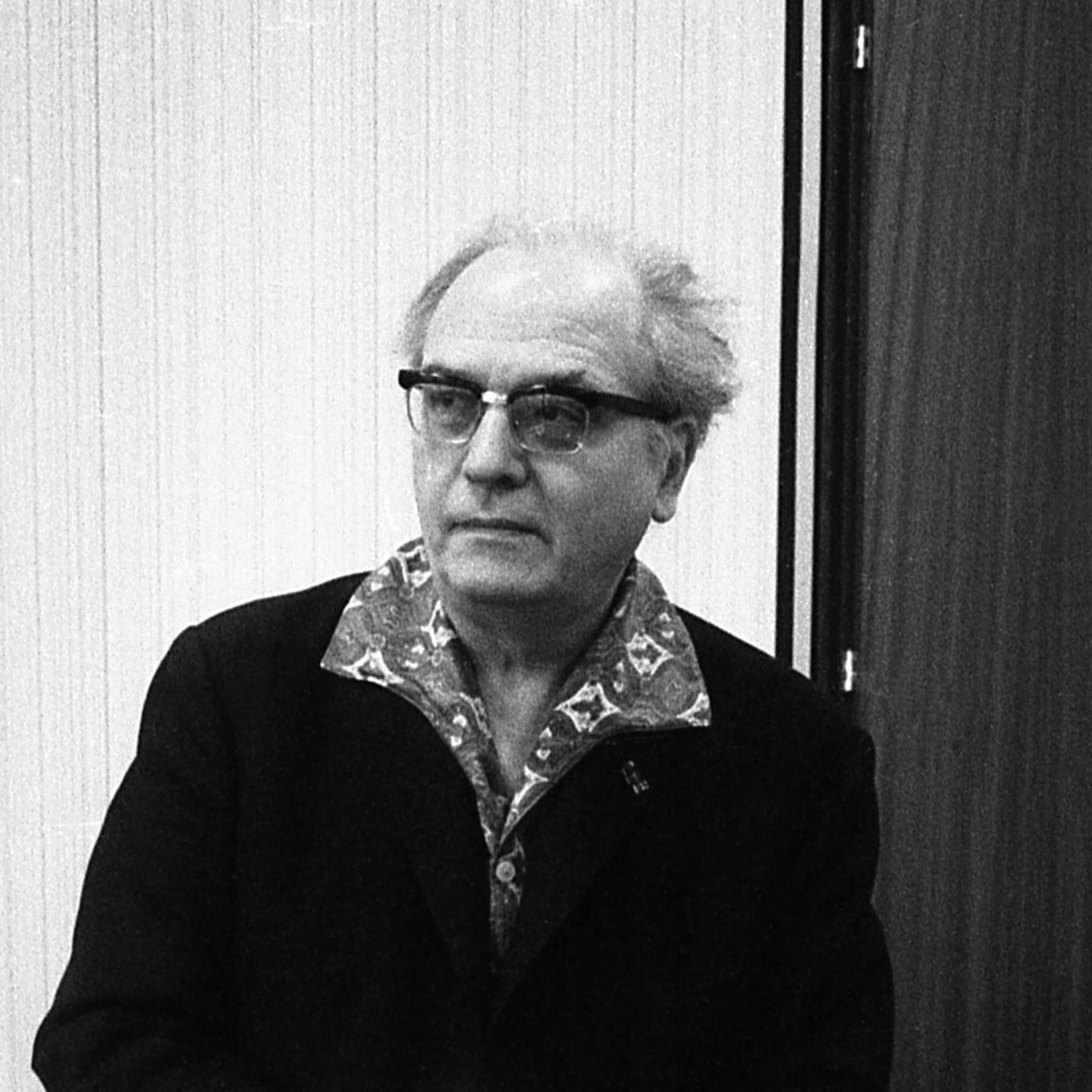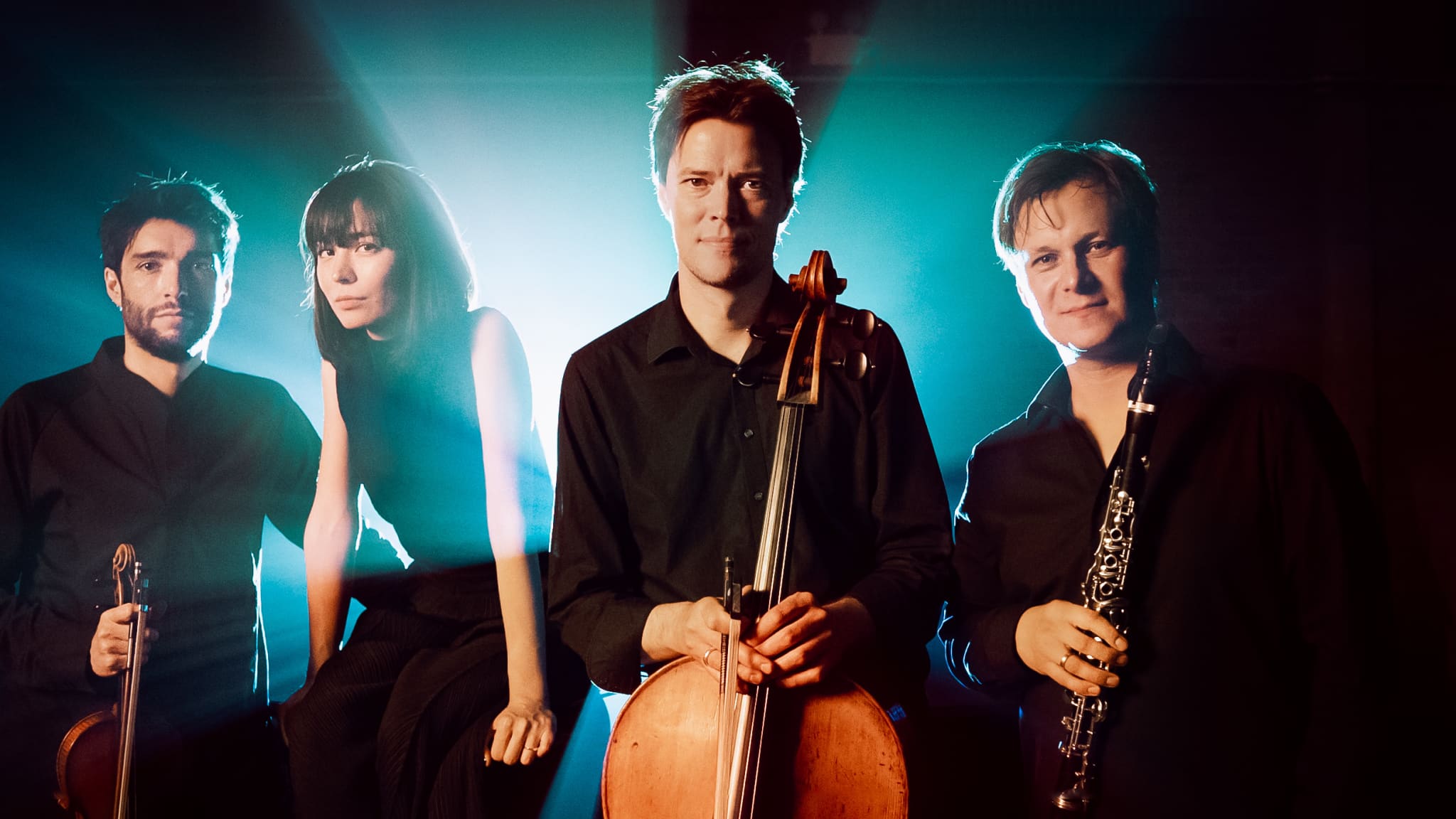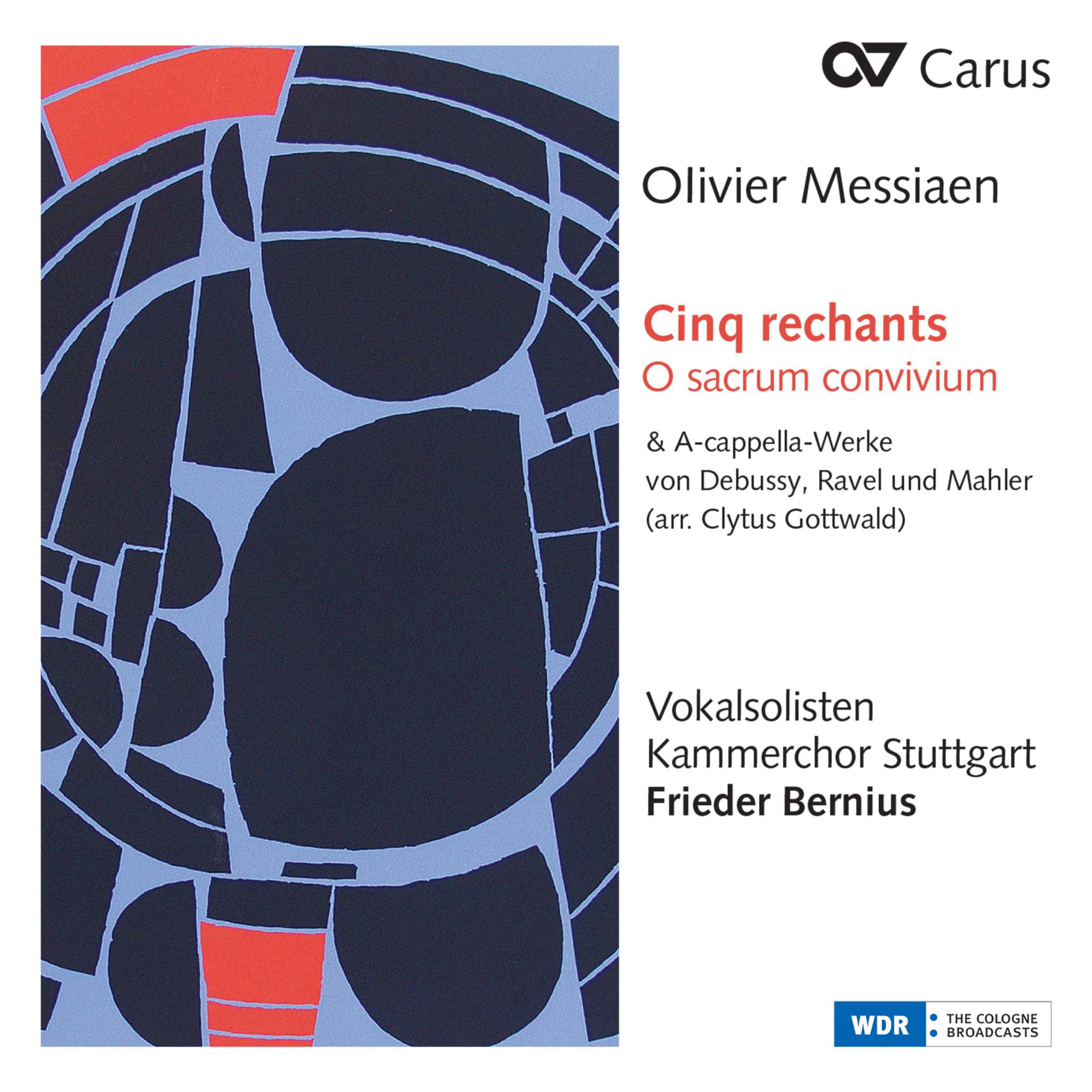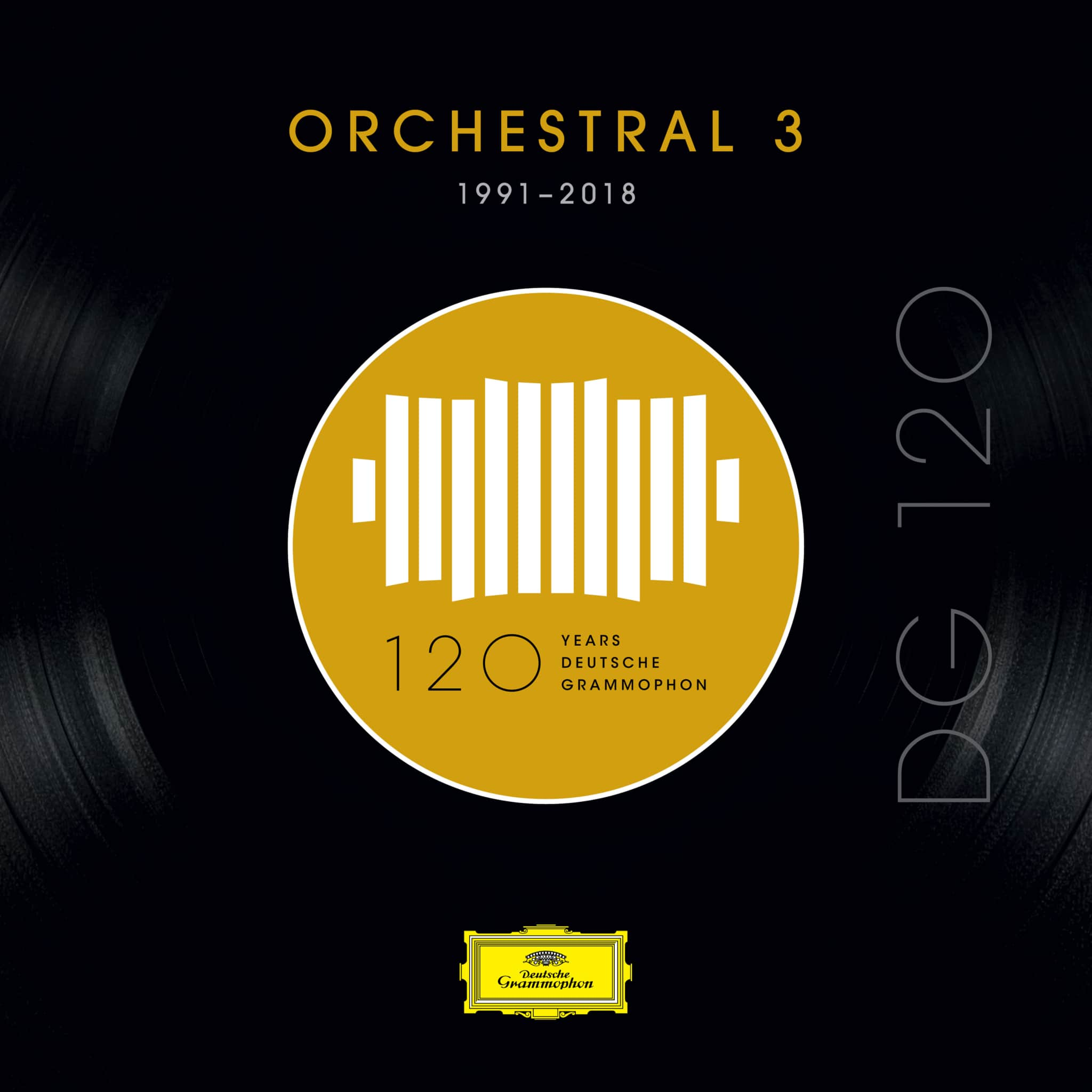Olivier Messiaen: A Master of Modern Music and Musical Visionary
Olivier Messiaen, born in 1908, was a renowned French composer, organist, and ornithologist, celebrated as one of the most important composers of the 20th century. His early fascination for theatre and literature in his hometown of Grenoble paved the path for his extraordinary career. At the tender age of eight, Messiaen displayed his innate knack for harmony, materializing as his first piano piece, ‘La dame de Shalott’.
The Early Years of Olivier Messiaen
Messiaen demonstrated exceptional musical talent early in life. He went on to study at the Paris Conservatoire, where he explored various musical subjects and developed a unique style characterized by complex rhythms and rich tonal colors. His early composition, Le banquet céleste (1928), showcased his unique blend of melodic and harmonic sensuality, reflecting his Catholic faith.
Westward Journey and Musical Evolution
After enrolling in the Paris Conservatoire at the age of eleven, Messiaen delved deeper into the realm of music, exploring a wide spectrum of subjects. His music evolved, drawing from plainsong, Greek metre, and even birdcalls which he meticulously noted down during his travels to North America, Argentina, and Japan.
The Parisian Maestro
Messiaen's improvisations at La Trinité in Paris from 1931 onward were nothing short of enthralling, drawing audiences from near and far. His appointment as a professor of harmony at the Paris Conservatoire in 1941 was pivotal, and his influence justly reverberated through the works of many young composers, such as Pierre Boulez.
Key Works
His masterpiece, Quartet for the End of Time (Quatuor pour la fin du Temps), was composed during World War II while Messiaen was a prisoner of war. This piece blends profound religious themes with unique rhythmic structures and elements of bird song. His work, Turangalîla-Symphonie, incorporates Hindu musical concepts and is known for its vibrant orchestration and thematic complexity. Messiaen's only opera, Saint François d'Assise, features a dramatic narrative set to intricate orchestral arrangements, reflecting his deep Catholic faith and artistic vision.
Legacy and Impact
Despite the occasional controversies surrounding his performances, Messiaen earned international acclaim, receiving official commissions and prestigious awards from all around the world. His use of bird songs, which he documented during travels worldwide, added a distinctive element to his music. His influence extends beyond his compositions, solidifying his position as a leading figure in 20th-century music.





















